on control
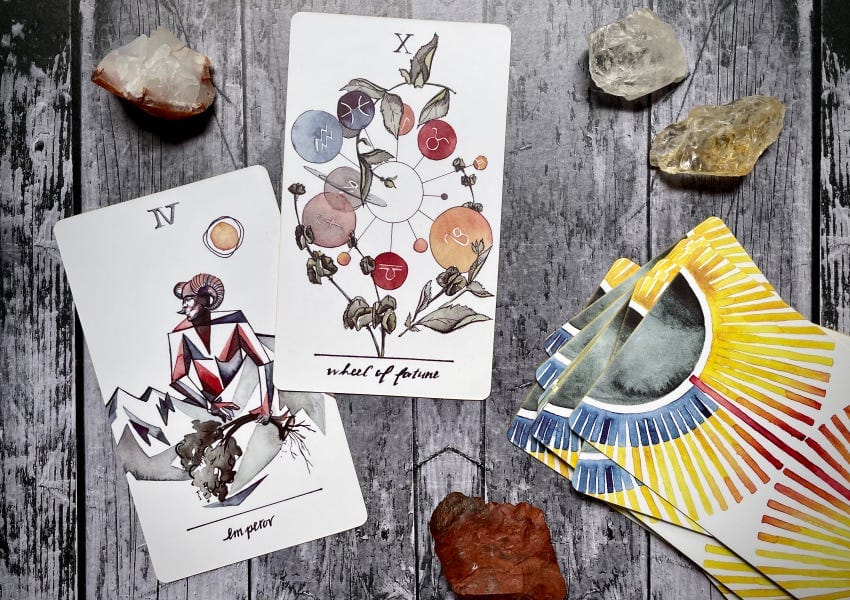
hello, friends. with so much chaos and fear in the world, with the pandemic still raging and new disasters seeming to pop up every day, i hope you’re finding ways to take care of yourself. rest, healing, may feel so out of reach these days - but even a few minutes of stepping away from the screens, eating something nourishing, and spending time with loved ones (in a safe, fully vaccinated kind of way) can help soothe some of those ragged nerves, smooth some of those ruffled feathers.
the brilliant jessica dore recently shared a beautiful essay on the devil, freedom, job, and the ways in which we are tested. this piece, along with my own scrambled reflections, got me thinking about limits and freedom, on the ways that luck and chance and potential contribute to how we move through the world. what do we consider as possibilities, and what do we shut down instinctively? what do we allow ourselves to believe in? what do we truly believe could happen, and when do we refuse to allow dreams to grow?
breathe deeply, stretch your muscles, and gently shake your body out. drink some water. notice the smells, the sounds, the textures that surround you. what’s one thing you can do to make the next few moments a bit more comfortable? how can you show yourself a little bit of kindness, right now?
let’s dig in.
on control
control is a funny thing.
sometimes we try to walk a fine line between control and freedom, balancing a certainty about what we are accomplishing with belief in an open sense of possibility, a dreamy hope that something unexpected will still have the space to emerge. other times we cling to control, believing that it can save us, trusting that our sense of discipline and power and organization will keep our magic in line.
boundaries can protect us from harm, but when built too high, reinforced too many times, they can also prevent innovation. without room to play, to experiment, to miss the mark, we can end up in the same familiar patterns and ruts, retracing our steps over and over. and while in some instances that’s a good thing, and these limits can shield us from negativity or self-destruction, other times they hold us back from progress, growth, or necessary evolution.
what does it mean to give ourselves permission to fail, to accept the possibility of defeat? does releasing control over something always have to send us into free fall? does breaking something down or leaving it behind always have to feel as chaotic, as terrifying, as falling from the tower?
in the major arcana, the wheel of fortune is an archetype of luck, karma, balance in the universe. it speaks of the forces that are so much larger than individual choices, the ups and downs that we all experience throughout the courses of our lives, the generational patterns and worldwide events that shape and change us. as the major arcana card associated with the number 10, the wheel of fortune holds the infinite potential of the number 0, balanced by the endless magic and deep well of resources contained within the number 1. movement and stillness, control and freedom, certain ambitions and uncertain outcomes. this card reminds us that sometimes, control is an illusion; sometimes, the meanings that we ascribe to things boil down to the simplicity, the impossibility, of chaos.
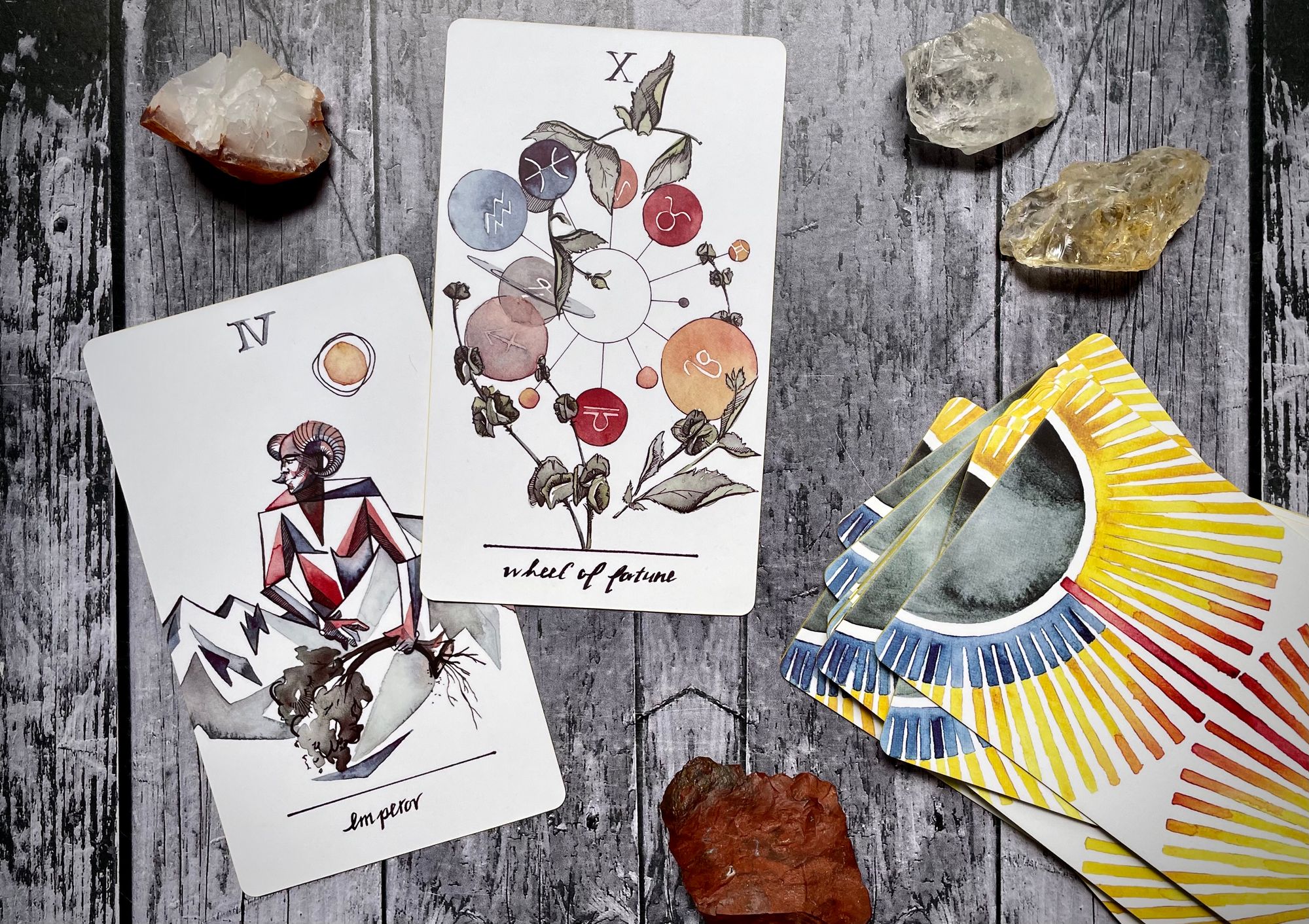
for many of us, control means discipline, effort, focus. it’s personal, dedicated, decisive. it doesn’t leave things up to chance. it takes command, asserts dominance, demands power and authority. it sets the course, steers the ship, pursues its destination. the emperor teaches us about these kinds of limits, urging us to set and maintain rules for shelter, conservation, discipline, and focus - but the wheel of fortune helps us zoom out, look at the bigger picture and the broader patterns. whether you see it as destiny or happy accidents, some things are bigger than our own influence.
it’s rare that natural-born skill will make up for a lack in other areas. praying for luck, hoping for good fortune, won’t necessarily get us across the finish line - and counting on the things we crave falling into our laps without any effort, without discipline, is usually a fool’s errand. “talent might give you nothing,” alexander chee writes in his craft essay the writing life. “without work, talent is only talent - promise, not a product.” we cannot rely on outside forces to magically deliver us what we want.
or can we? after all, the wheel of fortune balances regular cycles with irregular incidents, walking that tightrope between destiny and happenstance. where does luck come from, and what does it mean when it arrives? who are the lucky ones? i don’t mean the privileged, fortunate, 1% types that are born into luxury, the types that every system is designed to favor - i mean the people who happen to be in the right place at the right time, who seem to fall into beautiful things, who always seem to get just what they desire. what do they have that the rest of us don’t? is it something we can find, create, demand, maintain?
to ask all of this another way: is luck the opposite of control? or are they two completely separate energies, sometimes weaving together and sometimes fully opposed, endlessly reminding us of our humanity?
later in the fool’s journey we come across the archetype paired with number 15, the devil (known as the shadow in this deck). that much-feared figure associated with addiction, bondage, restriction, powerlessness, and destructive behaviors, the devil often serves as a kind of boogeyman for everything we fear - an avatar for our worst nightmares, our most profound losses, our deepest anxieties. which beliefs, fears, patterns prevent us from being free? what personal narratives have you committed to, so fully and completely that you cannot see your struggles through any other lens? as beth maiden says, “the devil is about the prisons that we create for ourselves.” like the ten of swords, like the eight of cups, sometimes all we can do is get out of our own way, change the story, and begin a new journey.
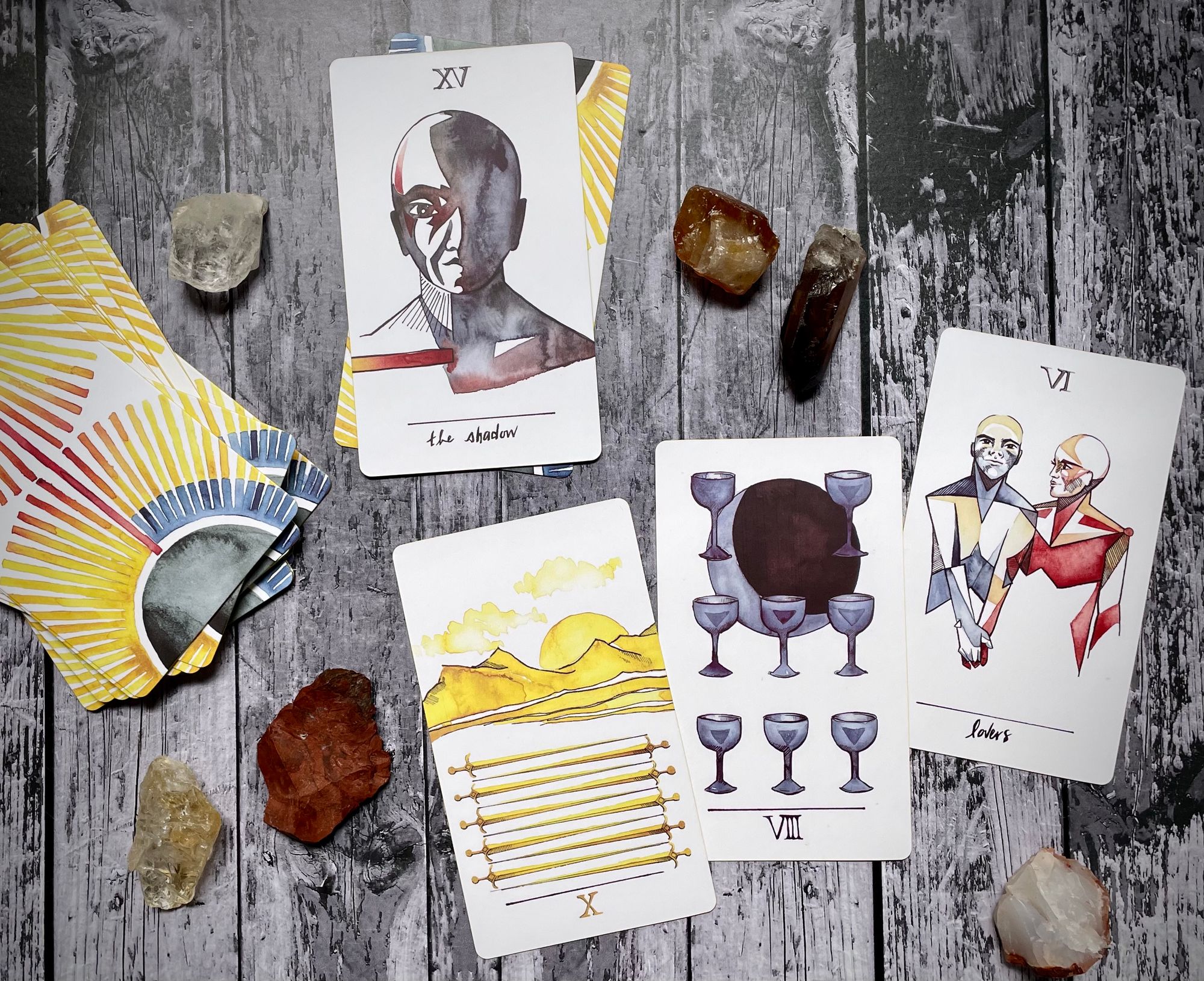
numerologically the devil reduces to 6, the number tied to the lovers and ideas of harmony, balance, and freedom. at their core, both of these archetypes are about choice - the things we choose to spend time on, and the things that we choose to leave behind. which stories, ambitions, dreams, relationships, passions, are we willing to choose, to chase? how much control can we really have over any of these things?
and if we can’t control them, are we still just as eager to pursue them, to possess them? what does it mean to want something that we have no power over?
some dreams we may only want on certain terms, our terms. if we can’t have something in the exact way that we want, under the precise circumstances we demand, with perfect timing and brilliant aesthetics and poignant emotions, is it still something that we want? or is our desire for control an essential, non-negotiable aspect of our wanting?
if we can’t control something, is its value reduced?
whether you ascribe any personal successes to luck, control, or some combination of the two, these forces hold weight. they’re akin to belief, to faith, these rituals of magic and mystery that we affirm or deny. what do you believe in? how does those beliefs show up in your work, your play, your fantasies, your fears, your plans?
how are our own natural boundaries strengthened or weakened by the boundaries that exist in the world we inhabit? when you break those boundaries, either the ones within yourself or ones that were established around you, do you feel free? or do you feel terrified?
think about the last big dream you had - that brilliant, dazzling, intoxicating vision of a future that you wanted with every single breath in your body, every beat of your aching heart. what did you do with that dream? did you write it down, give it space to stretch and flow, let that vision crystalize and clarify into something tangible? did you jump into research, start creating a budget, pull out your calendar and spreadsheets and make a plan to make this magical idea come true? did you share it with someone you trust, make it a jumping off point for collaboration, brainstorm different ways that it could expand and evolve? or did you dismiss it, deny it, lock it up tight into a box in your mind and let it collect dust in your personal shadows?
my question is: why? do you believe you’re not controlled enough, not disciplined enough, not organized enough, to pull it off? or do you believe that without a stroke of luck, it’s truly not possible?
it’s easy, tempting, to make excuses for the things that we want but don’t feel we can pursue. yet in blaming the universe for the things we haven’t achieved, accomplished, acquired, in refusing to even try, in giving up before we’ve begun, we give away bits of our power, our magic, our brilliance. and why would we do that to ourselves? why would we force ourselves to live within limits that leave no space for possibility?
there’s magic all around us, i believe. but there’s also magic within us. we are all fools and magicians, chasing the stars, reaching for the world. and in believing in our own natural control, in leaving space for unexpected luck, in recognizing that the universe will play with both of these forces in ways that leave us dazed and awe-struck, i also believe that anything - anything is possible.
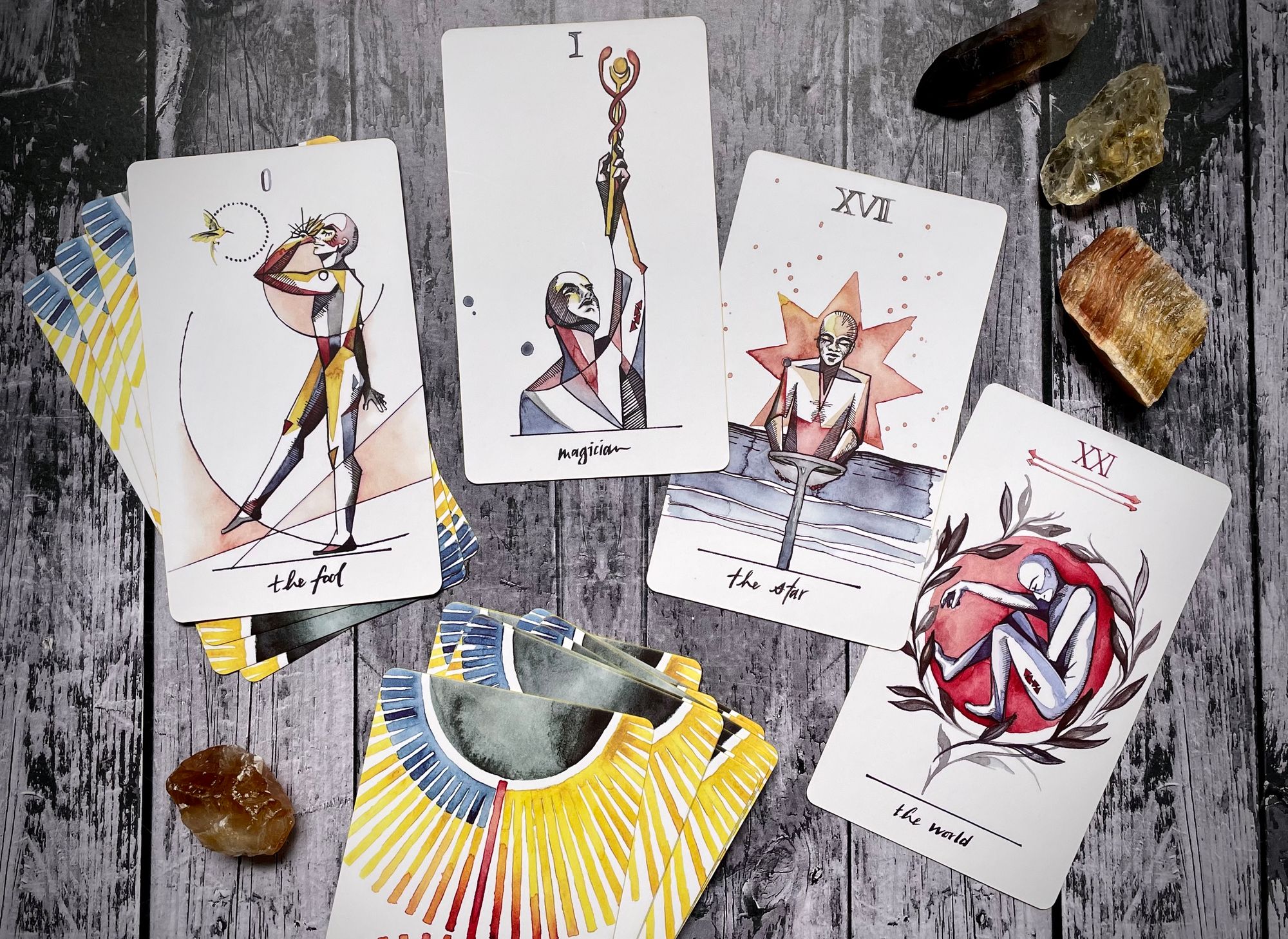
if that’s true, then what exactly are you waiting for?
wishing you luck, magic, focus, and patience this september. be safe, friends.
this post features cards from the vindur deck. all photographs by meg jones wall.
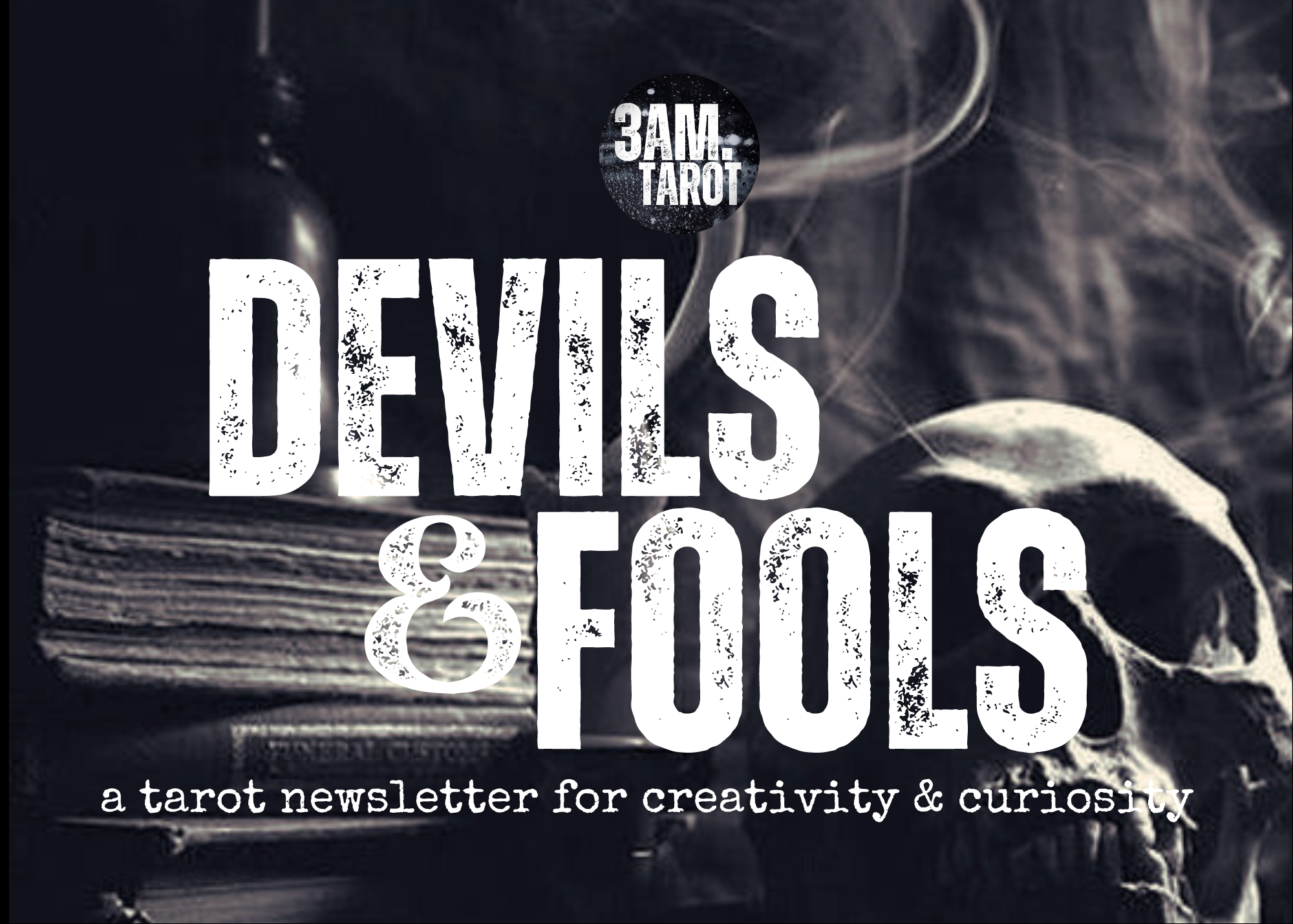
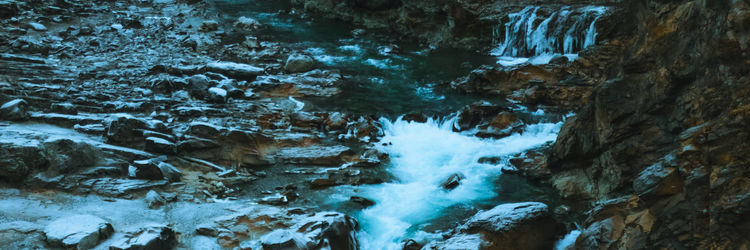
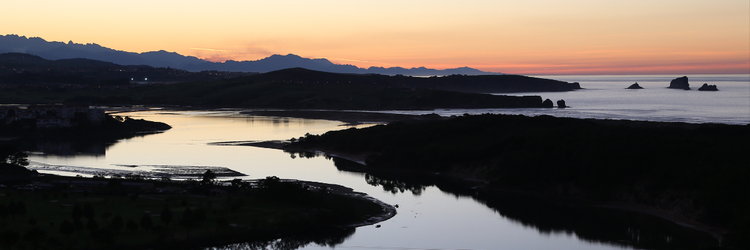
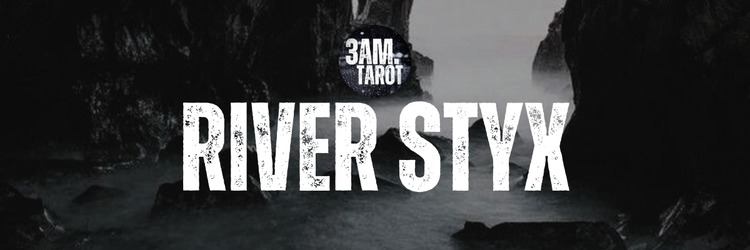


Member discussion